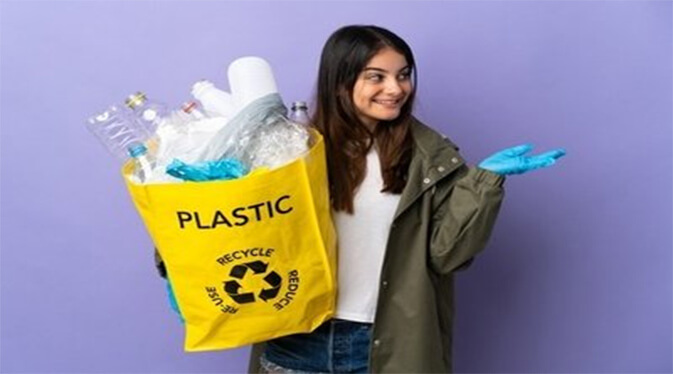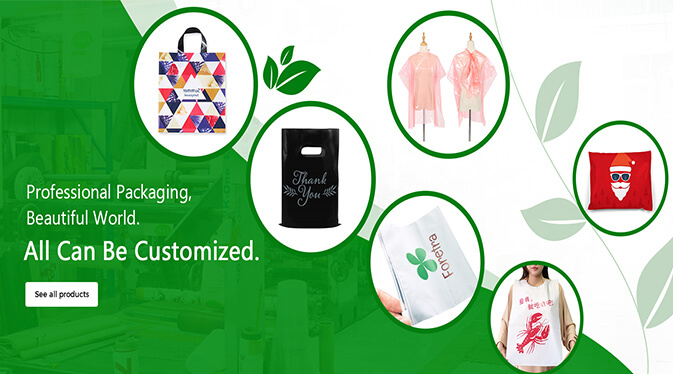
 How to Distinguish PE, PP, PO, PVC Plastic Bags: A Comprehensive Guide
How to Distinguish PE, PP, PO, PVC Plastic Bags: A Comprehensive Guide
 Exploring the Process of Manufacturing Plastic Bags
Exploring the Process of Manufacturing Plastic Bags
 Why Not Just Ban the Production and Use of Plastic Bags?
Why Not Just Ban the Production and Use of Plastic Bags?
 Understanding the Production Process of Plastic Bags: From Raw Materials to Quality Packaging
Understanding the Production Process of Plastic Bags: From Raw Materials to Quality Packaging